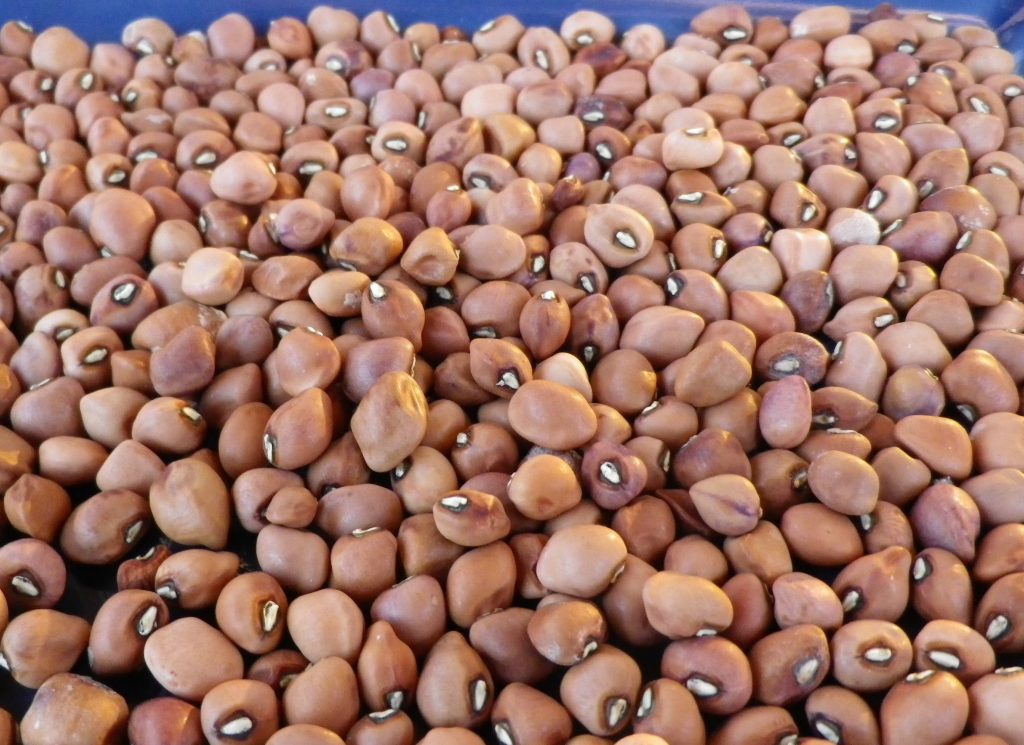Nigeria, said to be the number one producer of cowpea globally, spends over N16 billion to import the commodity from Cameroon and Burkina Faso annually.In addition, there was still consumption deficit of 500,000 tonnes despite the current release of Bt. Cowpea to farmers, to bridge the production gap in the country.
The permanent secretary, Federal Ministry of Science and Technology, Bitrus Bako, made the disclosure yesterday at a capacity building workshop for science journalists in Abuja.Represented by James Sule, the permanent secretary also stated that federal government was under pressure to produce more food using biotechnology in agriculture.
Regional Director, African Agricultural Technology Foundation (AATF), Dr. Abdulraham Kollo, said diseases, hunger and reduction in life expectancy plagued the continent.On her part, Dr. Rose Gidado of Open Forum for Agricultural Biotechnology in Africa said they had spent over 10 years to research, believing in the power of biotechnology to increase productivity in Nigeria.
Meanwhile, Rice Producers Association of Nigeria (RPAN) visited the Economic and Financial Crimes Commission (EFCC) office yesterday to seek intervention towards stemming the tide of rice smuggling, which they noted was threatening the federal government’s initiative on domestic rice production.
They claimed to be losing millions of naira in revenue to rice importers, as they were unable to sell their stock due to dumping by the importers.The importing cartel ship parboiled rice into the country through Benin Republic and Niger Republic, from where the produce is smuggled into Nigeria.
He disclosed that the rice “imported from India, Thailand and Vietnam are inferior to our local rice; but the importers are able to sell at cheaper prices because they do not pay duties.”
One of the local producers claimed that he used to sell 10 truckloads per day before December 2018, adding that he is now barely able to sell two trucks per day.He was forced to lay off staff and reduce the capacity of his mill.
In his response, acting chairman of EFCC, Ibrahim Magu, promised to assist the local producers through an existing EFCC/Customs partnership.

